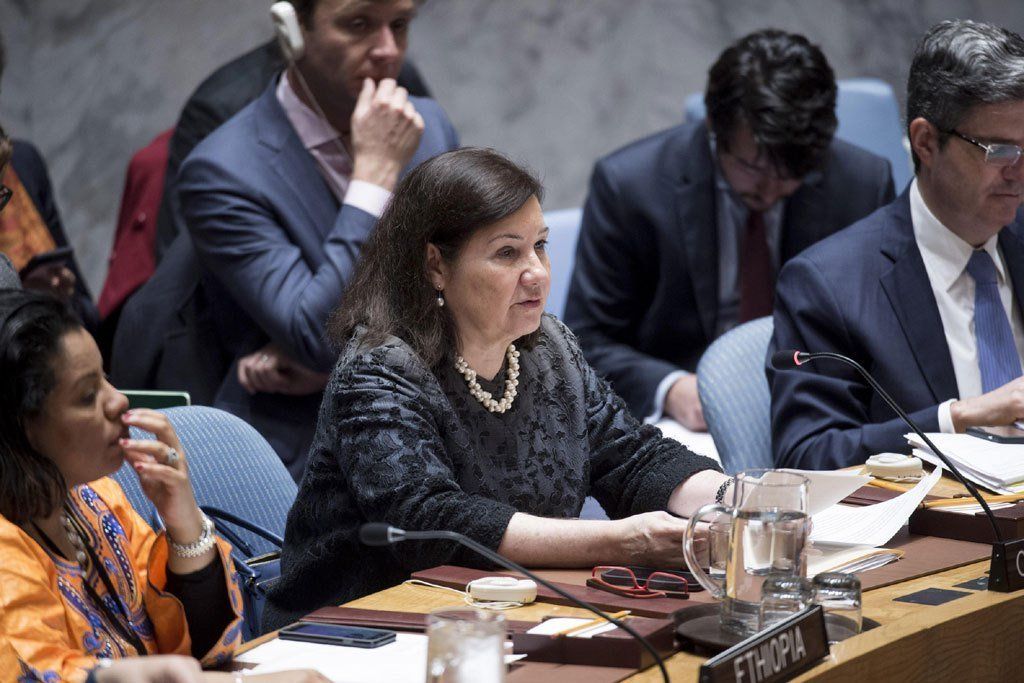Security Council debate on ‘women, peace and security’ gender equality
The United Nations Security Council convened for a day-long debate to address the critical issue of women's participation in peace efforts. Delegates from Member States, regional organizations, and civil society organizations gathered to discuss strategies for enhancing women's involvement at all levels of these processes.
A key focus of the debate was the need to ensure adequate representation of women in the security sector. By doing so, we can not only reduce women's exposure to harm but also harness their unique perspectives and skills in conflict prevention and resolution. Despite progress, the low percentage of female peacekeepers remains a concern. Increasing the number of female uniformed personnel is essential to create a more inclusive and effective peacekeeping force.
Moreover, gender equality and the security of women serve as reliable indicators of peace. Strengthening the collection and analysis of gender statistics is crucial for understanding the impact of conflict on women and girls. Encouraging Member States to monitor gender equality indicators as part of the implementation of the Sustainable Development Goals (SDGs) can further enhance our efforts to promote peace and security.
The implementation of Security Council resolution 1325 on women and peace and security often remains ad hoc. To address this, Member States should share evidence and examples of their experiences to identify gaps and successes in its implementation. This will help us learn from best practices and improve our approaches.
While progress has been made, challenges persist. The decline in women's participation in UN-led peace processes, the inclusion of gender-sensitive provisions in peace agreements, and the consultation with women's civil society organizations remain areas of concern. The low proportion of women parliamentarians in conflict and post-conflict countries is another obstacle to women's meaningful involvement in peacebuilding.
To overcome these challenges, we must employ strategies such as quotas and temporary special measures to address the political marginalization of women. Additionally, ensuring gender-conscious funding for policies and programs is essential for supporting women's empowerment initiatives.
The women, peace and security agenda has become an indispensable pillar of global affairs. However, the persistent political marginalization of women in decision-making remains a significant challenge. A stronger chorus of voices is needed to address this issue and ensure that women's perspectives are fully integrated into peacebuilding efforts.
Effectively combating sexual and gender-based violence and ending impunity is another critical priority. Greater participation of women's organizations and community leaders in the design and implementation of security and peacebuilding efforts is essential for ensuring that these initiatives are responsive to women's needs and priorities.
At the open debate, Charo Mina-Rojas of the NGO Working Group on Women, Peace and Security reminded participants about the duty of people to defend women against violence. She stressed the need for witnesses to speak out against crimes rather than remain silent. Her remarks underscored the importance of individual action in creating a safer and more equitable world for women.
The day-long debate at the UN Security Council highlighted the urgent need to strengthen partnerships, promote gender equality, and ensure women's meaningful participation in peace efforts. By addressing these challenges, we can create a more inclusive and sustainable peace.
Read full article:
http://www.un.org/sustainabledevelopment/blog/2017/10/security-council-debate-on-women-peace-and-sec...

